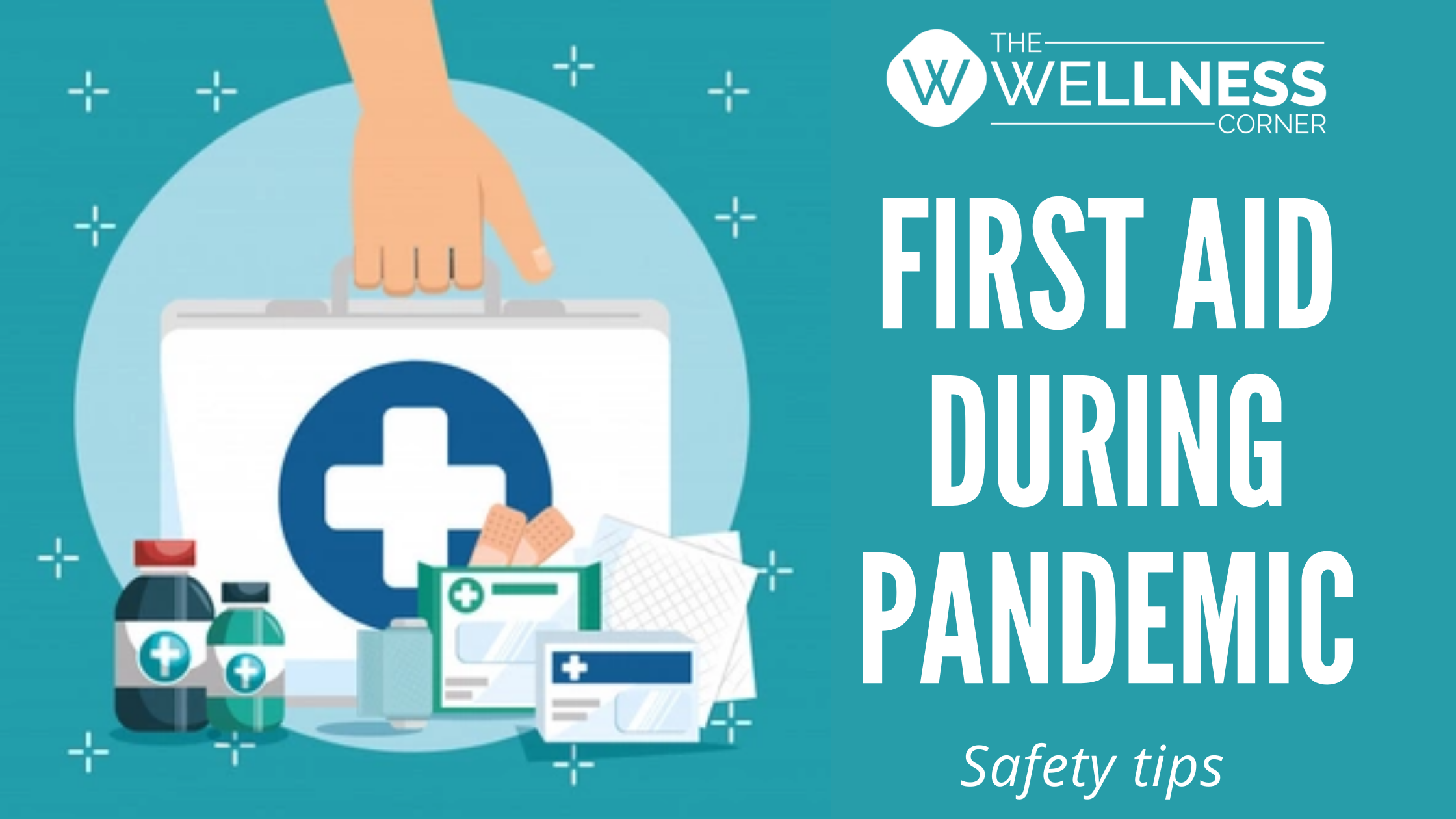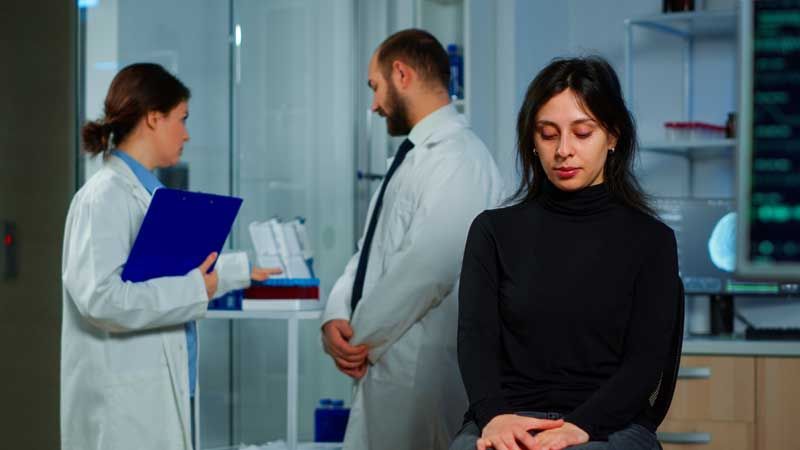First Aid during Covid-19 Pandemic - What to Do & Safety Tips
- 49 months ago
There has been so much going around in the world since the coronavirus outbreak. People’s health and wellbeing have been affected to a large extent. Many questions were raised like -Where did it come from? What can be done to prevent it? Can someone get better right from home? How can one increase the oxygen levels? And the list went on. Experts have answered most of these questions, however, many people want to know how to provide first aid during these pandemic times without compromising ones safety in emergency situations.
FIRST AID DURING PANDEMIC PERIOD
What first aid box should contain?
-Adhesive and roller bandages of assorted sizes
-Sterile gauge pads, cloth tape, antiseptic wipes
-Antibiotic, hydrocortisone, calamine ointments
-Disposable gloves, safety pins, scissors
-Tweezers and thermometer
In case of bleeding (small cuts)
1) Wash it with soap or water and clean it with antiseptic solution
2) Remove any debris if retained in the wound area
3) Apply firm pressure on wound with gauge or cloth for 10 mins
4) Re-clean the area and apply ointment & cover with fresh gauge piece
5) Change the dressing daily
For Nose bleeding
1) Have the person sit down and lean their head forward
2) Pinch the soft part of the nose for 10 mins
3) Ask the person to breathe through the mouth
4) If the bleeding continues, repeat the process
5) Insert a piece of rolled gauge in nose to avoid clotting
For Burns
First-degree burn (Red, no blistered skin) -Run cold water for more than 5 mins
Second-degree burn (Blisters and thickening of skin)- Don’t break these blisters, if broken, clean the wound with betadine solution, apply antiseptic ointment, & cover with gauge
SAFETY TIPS
Here are some expert-curated tips on how one should eliminate the additional layer of risk while giving first aid-
1. Proper use of PPE (Personal Protective Equipment)
The first aider should wear PPE properly and dispose of the contaminated PPE after providing care to the ill/injured.
2. Hand hygiene
Hands must be washed and sanitized regularly before putting on the PPE, when taking care of the ill/injured, and after doffing PPE.
3. Medical-grade mask over ordinary mask
First aiders must wear a medical-grade face mask (double mask is a good idea too) and not just any ordinary mask to minimize interaction. Additionally, eye protection and gloves should be worn mandatorily.
4. Train the injured if possible
If the injury is small or the illness isn’t a serious one, that person should be trained and instructed to manage their situation. The first aider should remain there (but maintain 2-meter distance) and the patient follows the instructions, in case they need any help.
You may also like: 5 Yoga Asanas & Pranayama to Boost Your Immunity
5. Offer additional safety to those receiving care
Make sure that the person on the receiving end is getting the right care by offering them proper safety tools. It can be an additional face covering or gloves. Additionally follow the Covid-19 standard operating procedure (SOP) if the patient is isolated at home.
6. Conduct a health questionnaire if possible
Don’t forget to take medical history into consideration! Ask them if they have experienced Covid-19 symptoms recently, been in close contact with an infected person, or operated under any circumstances. Also, ask them if they had traveled lately and what precautions they took after that?
You may also like: Dealing With Caregiver Burnout Amidst The Pandemic? Follow These Tips!
What to do if CPR is required?
The caregiver may find themselves in a situation where CPR will be required to stabilize the care receiver, especially when the heartbeat starts to seize. Mouth-to-mouth breath may increase the concern of spreading the infection. It will be best to perform hands-only CPR and call 112 to take over the rest of the situation in a better way. Even while performing hand CPR, a pocket mask should be placed on the patient’s mouth to prevent the contagious particles from spreading.
Additional Tips for First Aiders-
- Ensure your safety before others, take care of yourselves, don’t get carried away during the process by risking your own life.
- Provide aid only if it is safe to do so, or call 112
- Stay updated about first aid protocols during the pandemic
- Take proper training before helping anyone
You may also like: Strategies for Dealing with Caregiver Stress
If you are experiencing Covid-19 like symptoms, do not risk stepping out immediately. Consult a doctor online on The Wellness Corner and confirm if you are at a risk of infection by taking the COVID-19 RTPCR Test right from home. Healthy and trained staff will arrive at your desired doorstep to collect your sample.








